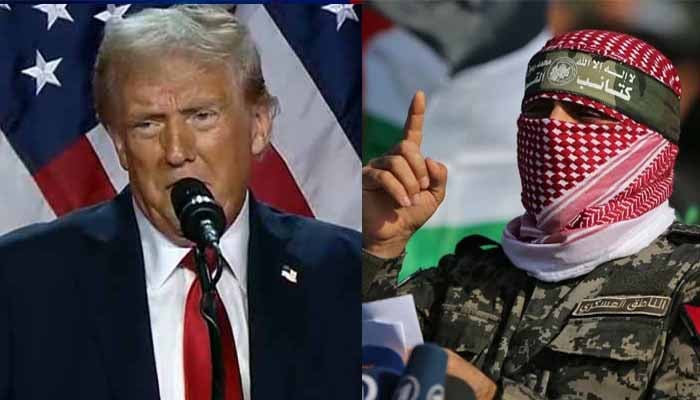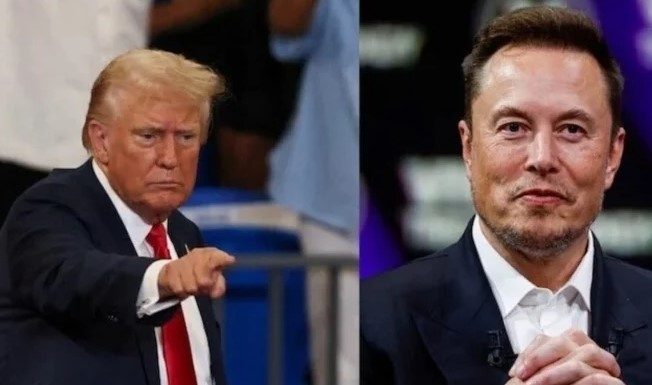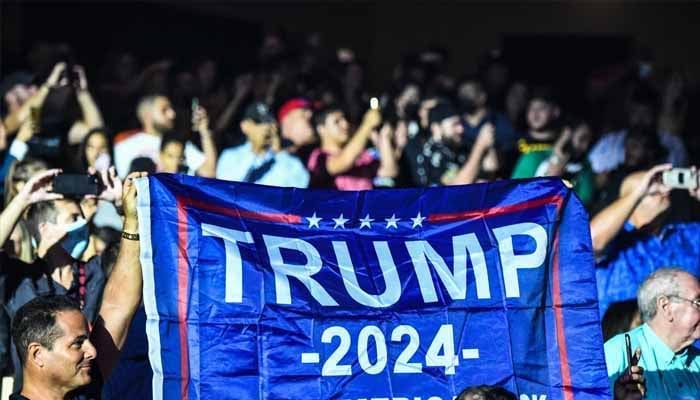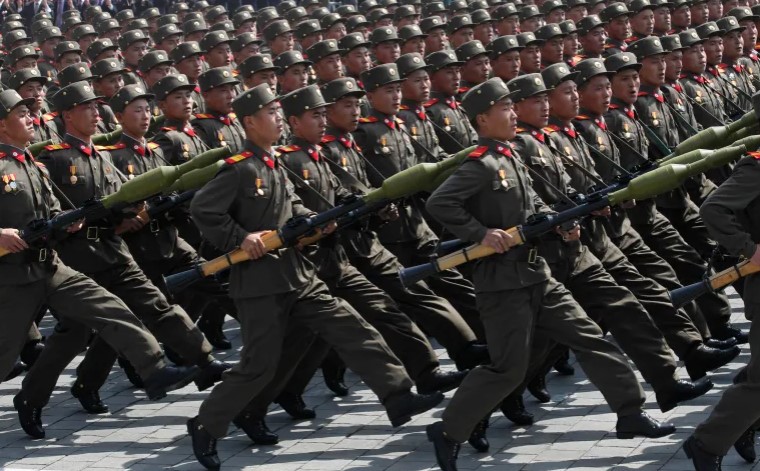WORLD NEWS
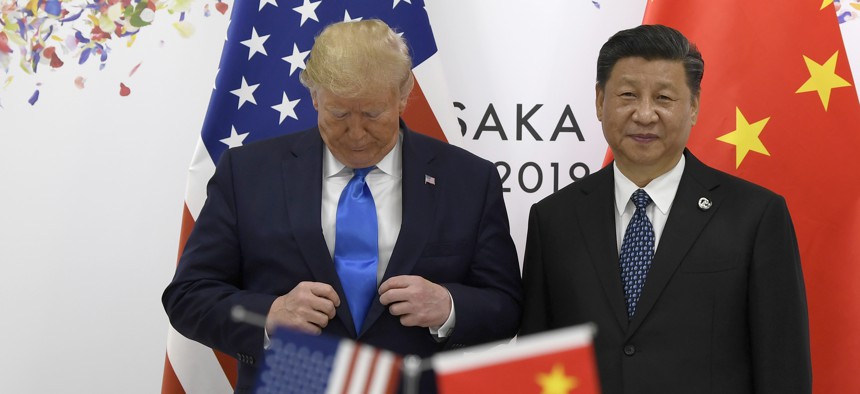
As Donald Trump inches closer to securing victory in the U.S. presidential election, China is bracing for a renewed period of superpower rivalry, particularly over trade, technology, and security issues. While China has reaffirmed its commitment to cooperating with the U.S. based on "mutual respect" and "win-win cooperation," strategists in Beijing are anticipating a turbulent period ahead, marked by increased rhetoric and potential economic confrontations.
China’s Official Response to Trump’s Victory
During a press briefing on Wednesday, Chinese Foreign Ministry spokesperson Mao Ning maintained that Beijing's policy toward the U.S. remains unchanged, regardless of the election outcome. She reiterated that China would continue to handle U.S.-China relations under the principles of "mutual respect, peaceful coexistence, and win-win cooperation." However, despite the diplomatic rhetoric, analysts say that Beijing expects a much more combative relationship with the Trump administration.
"China has always anticipated a close race, and while Trump's victory is not its preferred outcome, it is not entirely unexpected," noted Tong Zhao, Senior Fellow at the Carnegie Endowment for International Peace. While China will likely continue to engage with Trump on a personal level, Zhao suggests that Beijing will focus on projecting China's power and global influence in light of what it perceives as the growing unpredictability of the U.S. under Trump's leadership.
Trade Tensions and the Threat of Tariffs
One of the major concerns in Beijing is the potential revival of the trade war under a second Trump administration. Trump has long been a critic of China's trade practices, and during his first term, imposed significant tariffs on Chinese imports. Analysts predict that Trump may escalate this approach, with tariffs on Chinese goods exceeding 60% and a possible move to revoke China’s most-favored-nation trading status.
China's economy, which heavily relies on exports to the U.S. (with goods worth over $400 billion sold annually), could face serious challenges if the trade war reignites. "Beijing is particularly wary of the potential for a full-blown trade war, especially given the internal economic challenges China is currently facing," Zhao said. The prospect of Trump's tariffs and the acceleration of the decoupling of supply chains could threaten China's economic stability and growth.
Technological Decoupling and Economic Self-Sufficiency
In response to the expected pressure from the U.S., Chinese officials are likely to double down on their push for greater technological and economic self-sufficiency. As the U.S. seeks to decouple its technology supply chains from China, Beijing may focus more intensively on innovation and fostering domestic tech industries, particularly in areas like semiconductors and artificial intelligence.
"China is likely to intensify its efforts to reduce reliance on foreign technology and build up its own supply chains," said Zhao. At the same time, China will likely strengthen its economic ties with Russia and other countries, particularly in the Global South, as a counterbalance to American influence.
Opportunities in Global Power Vacuums
Despite the challenges posed by a second Trump term, Beijing also sees opportunities for expansion. With Trump’s "transactional" and "isolationist" foreign policy, China may be able to fill power vacuums left by the U.S. as it reduces its global commitments and disengages from international agreements. "If Trump continues his policies of disengagement from multilateral agreements, China will likely seek to expand its influence in emerging economies and global institutions," said Zhao.
As Trump focuses inward on U.S. domestic issues, China may seek to shore up relations with the Global South, Europe, and Northeast Asia. Additionally, Beijing is likely to continue strengthening ties with neighboring countries like India, with whom it recently reached a rare rapprochement. "China has also tentatively re-engaged with Japan following years of strained relations," said Zhao, indicating China's growing diplomatic outreach in the region.
Taiwan and the Future of U.S.-China Security Concerns
One of the most contentious issues between China and the U.S. is Taiwan. Trump’s stance on Taiwan during his first term was largely seen as supportive, with some commentators suggesting that he was willing to offer more tacit support to the island. However, under the Biden administration, the U.S. has shifted its policy, with increased military support for Taiwan, including the recent approval of a $2 billion arms sale.
While Trump’s approach to Taiwan was less interventionist, Beijing is uncertain how his second term would affect the delicate status quo. "Trump is not likely to offer Taiwan the same level of support in the future," said Shen Dingli, an international relations scholar in Shanghai. However, this uncertainty has made China more cautious, and Beijing may seek to take advantage of any potential gaps in U.S. support for Taiwan to assert its own position in the region.
Conclusion
As the U.S. heads into another four years of Trump leadership, China faces a complex mix of challenges and opportunities. While Beijing is preparing for heightened trade and technological competition, it also sees an opportunity to expand its global influence as the U.S. retreats from multilateralism and global leadership. How U.S.-China relations unfold over the next few years will not only reshape the two countries' bilateral ties but could also have profound implications for the global balance of power.

